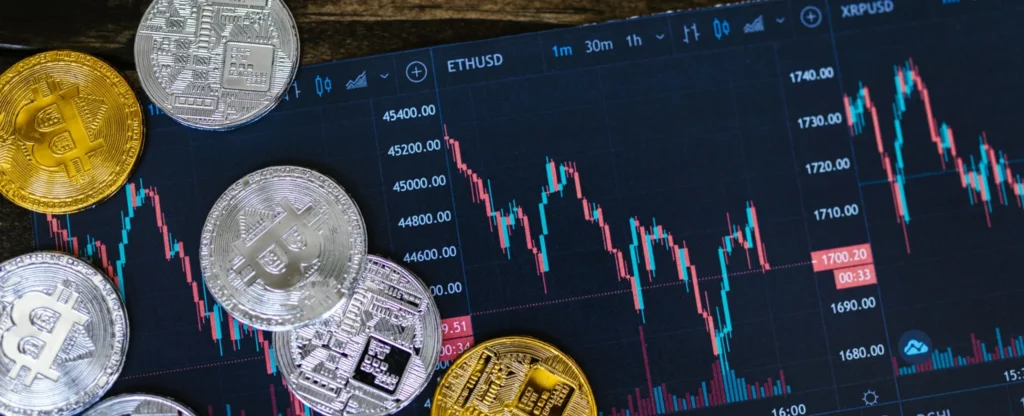How to Navigate Forex and Crypto Trading in Thailand (Legally) in 2025
Introduction: Why This Guide Matters
Trading in Thailand has entered a new era. With crypto on the rise and forex still drawing attention, more locals are exploring digital markets than ever before. But before you hit “Buy” on your first asset, it’s critical to understand what’s legal, what’s risky, and what tools are worth your time. This step-by-step guide breaks it down clearly—so you can make informed decisions in crypto trends in Thailand 2025.
Step 1: Understand the Legal Landscape in Crypto Trends in Thailand 2025
Forex in Thailand:
Forex trading is not entirely banned—but it’s tightly controlled. Only licensed Thai financial institutions and brokers can offer legal forex trading services. If you’re trading via an overseas broker without Thai authorization, you’re stepping into a regulatory grey area. This isn’t just a paperwork issue—it affects your rights, protections, and even your access to funds.

Credit from : CreditFx
Crypto in Thailand:
The Thai government has shown more openness toward crypto. With regulated exchanges like Bitkub and Zipmex operating under Thai SEC guidelines, retail investors now have safer entry points. You’ll need to register, verify your identity (KYC), and understand local crypto tax obligations.

Credit from : International Monetary Fund
Step 2: Choose the Right Platform in Crypto Trends in Thailand 2025
Here’s how to vet a platform:
- Forex: Only use platforms backed by authorized Thai institutions or internationally recognized brokers with solid reputations. Avoid those with vague company info or aggressive marketing.
- Crypto: Stick to locally licensed platforms. Bitkub, Zipmex, and other Thai-regulated exchanges offer a better safety net and smoother support channels compared to obscure global platforms.


Step 3: Know the Risks (Before You Trade) in Crypto Trends in Thailand 2025
- Forex Risks:
- Leverage traps
- Offshore broker scams
- Sudden withdrawals restrictions
- Lack of legal recourse
- Crypto Risks:
- High volatility
- Regulatory uncertainty
- Tax liabilities
- Security threats (hacks, phishing)
A good rule of thumb: if it sounds too good to be true, it probably is.
Step 4: Build Your Strategy
Rather than jumping in blind, start with:
- Demo accounts on forex platforms
- Small crypto purchases on regulated exchanges
- Regular reading of BoT and SEC updates
- Joining local trading communities (Reddit, LINE groups—but cautiously)
Avoid “signals groups” or influencers who promise guaranteed returns. Trading requires education, not shortcuts.

Credit from : The Investor
Step 5: Compare Forex vs. Crypto (And Pick Wisely)
| Feature | Forex | Crypto |
|---|---|---|
| Regulation (Thailand) | Strict | Loosening, under SEC oversight |
| Platform Quality | Mostly offshore, high variance | Several local, regulated exchanges |
| Volatility | Medium | High |
| Taxation | Complex (rarely enforced retail) | Taxable gains, clearer compliance |
| Suitability for Newbies | Moderate (with support) | High (on local platforms) |
Final Step: Stay Legal, Stay Informed
Whether you’re drawn to the liquidity of forex or the trendiness of crypto, the key is awareness. In Thailand, the laws are evolving—but not fast enough to ignore due diligence. Use only registered platforms, understand the risks, and treat trading like a long-term skill—not a gamble.
If you’re unsure, always consult a certified financial advisor in Thailand before investing real money.




